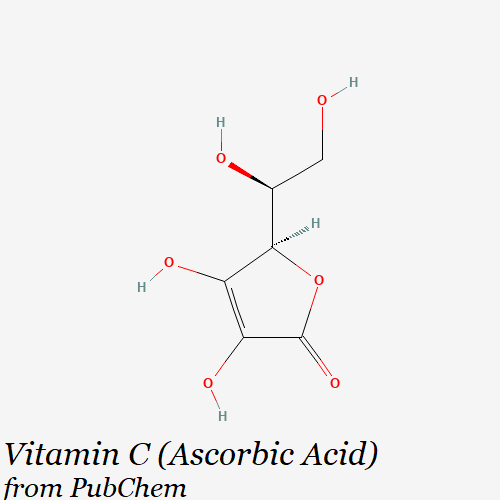
Acerola is a fruit rich in vitamin C, antioxidants, and other beneficial nutrients. This small, cherry-like fruit is native to tropical regions and has been used for centuries in traditional medicine to treat a variety of conditions. In recent years, scientific research has confirmed many of its health benefits and shed light on how they work.
Acerola has one of the highest concentrations of vitamin C of any fruit or vegetable, containing up to 40 times more vitamin C than oranges, and making it an excellent natural source of this important nutrient.

Vitamin C is essential for immune system function, wound healing, and collagen production, among other things.
In addition to vitamin C, acerola is also rich in other antioxidants, including carotenoids and flavonoids. These compounds help to protect the body’s cells from damage caused by free radicals, which are molecules that can lead to oxidative stress and disease.
Research has shown that acerola may also have anti-inflammatory properties. Inflammation is a natural response to injury or infection, but chronic inflammation has been linked to a variety of diseases, including heart disease, cancer, and Alzheimer’s disease. Studies have found that acerola extract can help to reduce inflammation in the body, potentially reducing the risk of these and other chronic diseases.
Acerola may also have benefits for skin health. The vitamin C and antioxidants in acerola can help to protect the skin from damage caused by UV radiation and pollution, which can lead to premature aging and skin cancer. In addition, acerola has been shown to increase collagen production in the skin, which can help to improve skin elasticity and reduce the appearance of fine lines and wrinkles.
Finally, acerola’s high fiber content may also play a role in its digestive health benefits. Some studies have found that acerola extract can help to reduce inflammation in the gut and improve the balance of healthy bacteria in the microbiome. This may help to alleviate symptoms of digestive disorders like irritable bowel syndrome (IBS) and inflammatory bowel disease (IBD).
Compared to the intake of synthetic vitamin C, the intake of acerola maintains higher plasma levels of vitamin C for longer, with reduced urinary excretion.
A meta-analysis conducted in children (3135 children aged 3 months to 18 years) showed that vitamin C supplementation significantly reduced the duration of upper respiratory tract infections.
In conclusion, acerola is a small fruit with big health benefits. Its high vitamin C and antioxidant content make it a powerful tool for immune system support, skin health, and disease prevention. Its anti-inflammatory properties may also help to reduce the risk of chronic diseases.